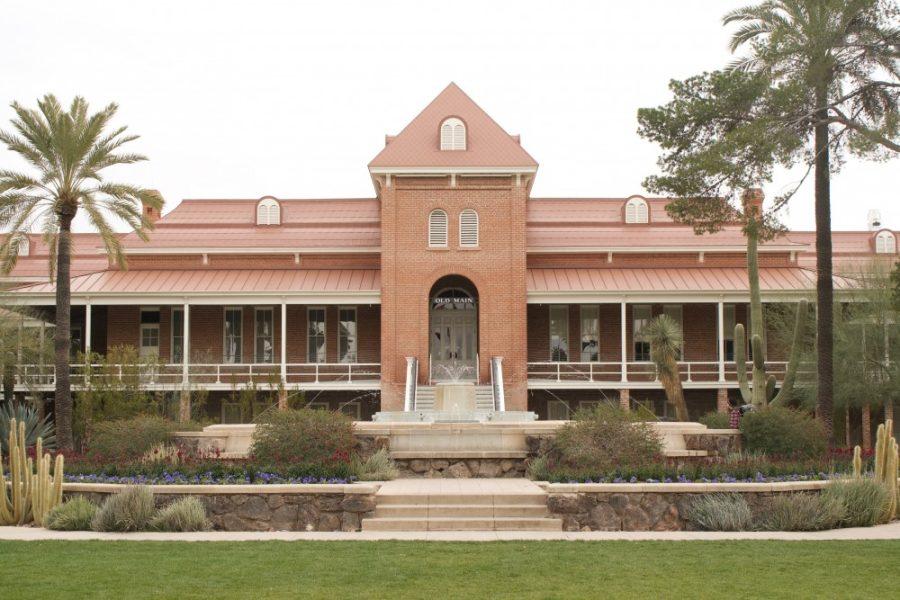A number of Arizona students requested for tuition to be lowered in light of the COVID-19 pandemic at the Arizona Board of Regents public hearing Monday, April 27.
The University of Arizona proposed no increase in tuition for undergraduate and most graduate resident and non-resident students. Incoming College of Medicine students could be facing a 3% increase in tuition; that rate would then be set for the rest of their time in the college. Second through fourth year students are not affected.
Resident tuition for the College of Veterinary Medicine’s inaugural year is a proposed $45,000. Tuition for non-residents is proposed at $69,999.
The Recreation Center program fee is the only mandatory fee that will increase for the 2020-21 academic year, but students can opt-out of paying the fee. A number of specific classes have also proposed fee increases.
“Every decision we make now is in the best interest of the health and well being of our students, employees and the greater Wildcat community, but our goals are the same as ever: to help our students achieve their educational aspirations and to continue to engage them in our groundbreaking research,” UA President Robert C. Robbins said. “That requires ensuring access to a university education that remains affordable and accessible.
RELATED: University of Arizona releases tuition and fee proposal for 2020-21 academic year
Victor Mikulin, a veteran and UA student, asked the regents to consider lowering tuition.
“There are a lot of students that travel to the University of Arizona because they’re out-of-state students and it’s just not fair that they’re continuously paying and not having the resources,” Mikulin said. “There has to be a way to help them in this time of need.”
President of the Associated Students of the University of Arizona – South Brianne Quintero said she appreciated the regents allowing people to voice their feedback on the tuition proposals, but also said increases would hurt affected students.
“We are, however, still seeing a price increase for College of Applied Science and Technology programs in distance locations across the state, and this will hurt our student populations in these key areas of development and ASUAS would like to know more about these market rate increases and have more input from students and our student government in the future,” Quintero said.
Northern Arizona University and Arizona State University also proposed slight increases for certain student populations, but maintained tuition for undergraduate and graduate students.
NAU proposed a 5% increase for non-resident graduate students and a .5% increase for incoming non-resident undergraduate students, while ASU asked ABOR to approve a cap on tuition and fees up to 5% for the next three years for non-resident and international students.
ABOR will vote on tuition at their next virtual board meeting Thursday, May 7 at 1 p.m. MST, which will be available to livestream.
Follow Priya Jandu on Twitter









